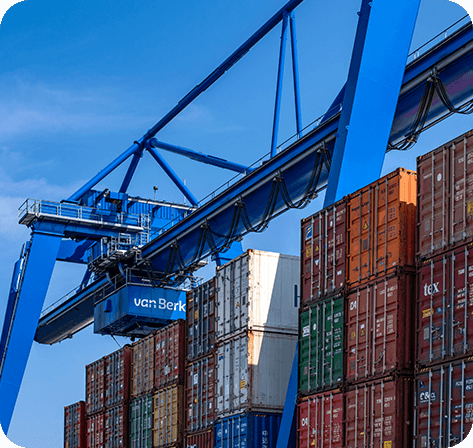U.S. Trade Preferences Legislation
Region: Latin America/US

Overview
A global export company sought to achieve the U.S. Congress’ approval to extend trade preferences legislation for imports originating in its home country in Latin America. Blue Star Strategies developed a dual communications and legislative strategy to educate the U.S. government and Congress, including policymakers in the Departments of State, Treasury, and Commerce, Office of the U.S. Trade Representative, National Economic Council, and National Security Council regarding the benefits of a trade preferences extension.

Challenges
Largely as a result of a strained bilateral relationship, the U.S. government was not initially supportive of extending the Trade Preference Act with this particular country. Members of Congress questioned whether the Act should be extended, and many who had previously backed it withdrew their support. Adding to the pressure was the fact that without an extension, our client would have to shed thousands of jobs in a country where unemployment was skyrocketing.

Strategic Recommendations
In an effort to change this adverse momentum, Blue Star Strategies developed a strategy to engage the U.S. Executive branch, Congress on both sides of the aisle, and leading public policy and nongovernmental organizations in Washington, DC. Our strategy built on the client’s compelling story: the business employed thousands of workers, it fed into the growth of hundreds of other small enterprises, and it was one of its country’s largest taxpayers. To disseminate this story to all the relevant stakeholders and decision makers, the Blue Star Strategies team organized several forums in the Washington, DC policy community. Further, we brought the company’s CEO to Washington every month and organized Congressional meetings in order to communicate the urgency of the company’s position.

Program Highlights
Once we had laid the groundwork through a robust outreach strategy, our client was invited to serve as a key witness providing official testimony at hearings before the Senate Committee on Finance, House Committee on Foreign Affairs, and International Trade Administration. Additionally, our client’s final presentation before the Office of the U.S. Trade Representative’s (USTR) evaluation panel was a key component in the Executive branch’s overall assessment of the trade preference regime and its subsequent recommendation to extend the legislation. Finally, we were able to encourage a key Subcommittee Chair to visit one of the countries that benefited from the trade preference and to speak at our client’s factory.

Results
A compelling story combined with the successful efforts of Blue Star Strategies to execute a multi-level government relations campaign led the U.S. Congress to approve the trade preference extension by a wide margin in both the House and Senate. In the end, Blue Star Strategies advocated for the trade preference extension for three consecutive years — and achieved an extension each year in which we were engaged.
